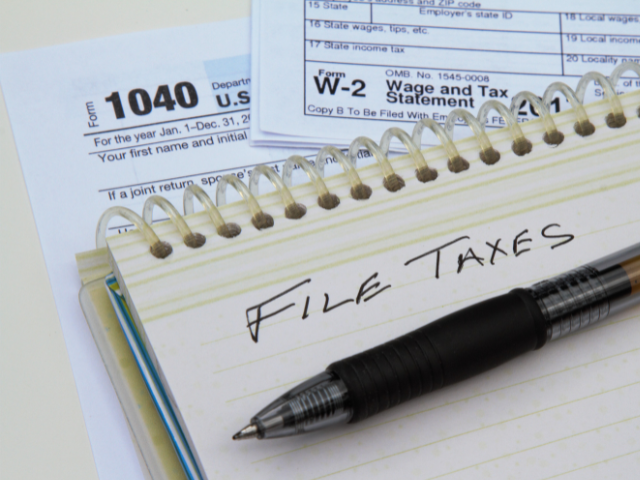Tax Filing Changes for the 2023 Tax Year
January 19, 2024

By Sheila M. Monachino, CPA, Partner
Tax season is well underway, and there are a few changes from the Internal Revenue Service (IRS) for 2023 filings that all taxpayers should be aware of.
We recommend that everyone review these new updates to make sure you know what to expect for the 2023 tax year:
- Tax bracket adjustments for inflation. Along with the change in the standard deduction, the IRS has adjusted the marginal tax rates and brackets for the impact of inflation.
- Standard deduction increases. The standard deduction for married couples filing jointly is rising to $27,700, an $1,800 increase from the prior year. For single taxpayers and married couples filing jointly, the standard deduction is rising to $13,850, an increase of $900. Meanwhile, for heads of household the standard deduction will be 20,800, a $1,400 increase over last year.
- Earned Income Tax Credit (EITC). The maximum credit has increased slightly to $7,430 for qualifying taxpayers who have three or more dependents.
- RMDs for retirees. The beginning age for taking the required minimum distributions (RMDs) rises to 73 from 72. This is for owners of 401(k)s, IRAs and other workplace retirement accounts. And while there is a penalty for failing to take RMDs, that penalty is 25% of the missing amount, down significantly from 50% if the error is corrected.
- Energy credits. Starting in tax year 2023, through 2032, the tax credit for installing energy-efficient systems and amenities has been reworked. The credit applies to 30% of the cost of qualifying air-conditioning systems, insulation, windows, doors, boilers and more. A lifetime limit of $500 in the previous tax year has been replaced with a $1,200 annual limit. This increases to $2,000 for biomass stove, hot water boiler, electric or natural gas heat pump.
HOW TO PREPARE
Start now. Some tax preparation delays are not in your control, but the most common reasons for last-minute preparation and filing are due to procrastination and disorganization. It’s time to start, if you haven’t already. time. Gather your documents and find a reliable system of record-keeping going forward.
Use the tax organizer. Davie Kaplan’s tax organizer is intended to help you remember and account for all required documents. Missing documents will be identified as “open.” If you can’t upload your documents, send them via FedEx or UPS; regular USPS mail service continues to experience delays. We recommend you authorize electronic delivery of final returns and authorization forms via our client portal; it’s quick, secure and dependable.
Use an online bookkeeping program. If you don’t already use QuickBooks or another reliable, user-friendly bookkeeping application, commit to implementing one. If you need assistance, Davie Kaplan has several excellent QuickBooks Pro advisors who can guide your initial setup and training, or even provide ongoing bookkeeping support if needed.
Understanding and following tax changes each year is a big task – one that the experts on our team stay up to date on year-round. It’s important to understand the tax law changes that impact you and to stay in regular communication with your tax advisor to make the most of your tax return.
Davie Kaplan tax advisors are available to help you prepare, with forward-looking tax advice to keep you and your business thriving. Contact us to get started.
